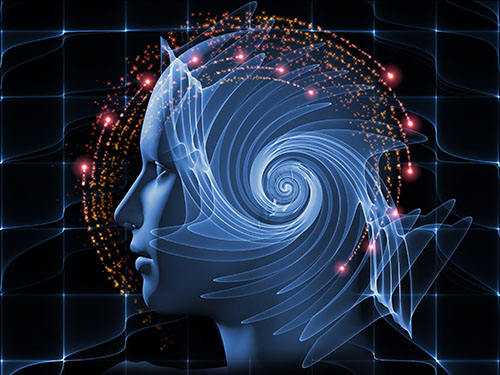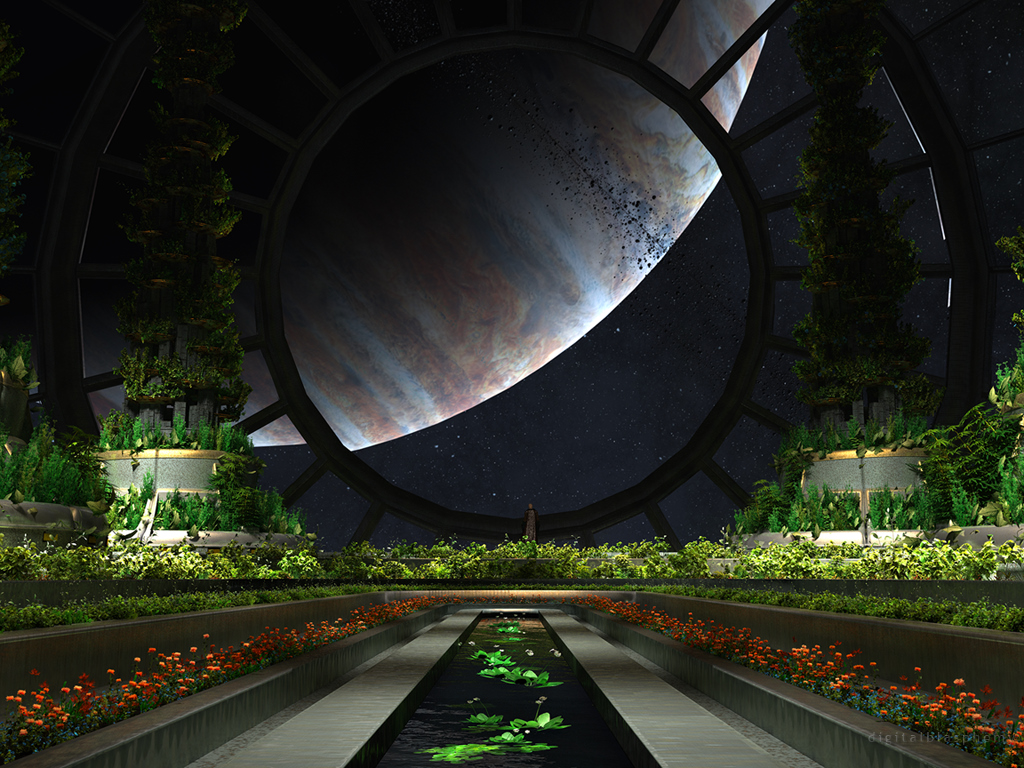It gives us our name, Homo Sapiens: the intelligent hominid. AI has a psychological impact like no other technical pursuit because it has implications not only what we can do but what we are.
The founding event of artificial intelligence as a field is generally considered to be the Dartmouth Summer Research Project on Artificial Intelligence in 1956 where the term was first coined.
The proposal for the conference stated:
The study is to proceed on the basis of the conjecture that every aspect of learning or any other feature of intelligence can in principle be so precisely described that a machine can be made to simulate it. An attempt will be made to find how to make machines use language, form abstractions and concepts, solve kinds of problems now reserved for humans, and improve themselves. We think that a significant advance can be made in one or more of these problems if a carefully selected group of scientists work on it together for a summer.
The statement is noteworthy, not only for its optimism, but for its broad scope. But it does not define AI as a science. It is simply a conjecture that it should be possible to make computers do more of what humans do that we say is intelligent. It is not an unreasonable conjecture, but neither was the idea that you could turn lead into gold if you tried hard enough.
Neither does the statement define intelligence itself or why endowing machines with it is desirable. There was no need. Everybody has a subjective grasp of what it means to be intelligent. It’s hallmarks include general knowledge, common sense and language comprehension and we all appreciate the power of those things.
So, despite all the technical jargon that has come into the field, everyone “knows” what AI is. It is intelligence as they recognize it in themselves – but in a machine.
It is reasonable, if we want to create AI, that we start by looking at it where we see it in nature, just as when we wanted to fly, we started by looking at birds.
Objectively, we say that intelligence is an evolved collection of information processing capabilities thought to reside in our brains, specifically in the neocortex, and understood (somewhat vaguely) to be related to the brain’s size and organization. We also understand that the evolutionary driver for intelligence was to endow the organism with an internal model of the outside world. But whales have larger brains than humans, pilot whales even have a larger neocortex[i]. How can we say they are not intelligent?
It is quite possible that intelligence in other some other species is qualitatively the same and maybe in some, whales at least, exists in the same degree. But in humans it is one of a triad of adaptations of interlocking adaptations; the second is our hands, and the third is a fundamental motivation to change things up[ii].
The real defining characteristic of humans is not intelligence per se then, but what we do with it. We use ours to change our environment to fit a vision of how we would prefer it to be. This internal vision is knowledge, our mental model of the external world. Intelligence is what creates this model; we don’t know how the brain does it, but we know it by its results.
Our evolved abilities to interact powerfully with our external environment have made us really good at acquiring and applying more and more knowledge. Here is an objective criterion for intelligence that stands beside our subjective experience of being intelligent beings. We recognize that a city is the result of intelligence because it obviously the result of applying knowledge. We understand other people are intelligent because we can, through communication, transfer a reasonable replica of knowledge from our mind to theirs.
Our usually high degree of intelligence, our hands, and our innate desires compel us to become tool-makers. Our tools amplify our natural powers. Evolution took millions of years to give us hands. Put a hammer in a hand and you increase its power by orders of magnitude in a minute.
Now we see the seductive allure of AI. It is a tool, a machine that will amplify our greatest natural power and become the key to reaching any desire.

Of course, Big Tech companies would do anything and everything to create and own the Magnum Opus, the Ultimate Machine.
In a podcast interview last year, Google’s CEO expressed it this way:
“You know, if you think about fire or electricity or the internet, it’s like that, but I think even more profound”
Sundar Pichai Tweet
In 2005:
“If you have a breakthrough in Artificial Intelligence so that machines can learn, that is worth 10 Microsofts”
Bill Gates Tweet
Was he talking about today’s machine learning tech? Doubtful, that was a little before its time.
The Oxford English Dictionary defines intelligence as “the ability to acquire and apply knowledge and skills.”
Machine learning produces a narrow skill though multiple training iterations rooted in an artificial neural network. Humans utilize a similar lower-level process for things like learning to ride a bike or the physical (“stick and rudder” rather than intellectual) skills needed to pilot an aircraft. A bear can be taught to ride a bike but not to be an accountant. That requires the intellectual ability to acquire and apply knowledge and that is what is worth 10 Microsofts.
Despite billions of dollars of investments by Big Tech and others, the thinking machines that acquire and apply knowledge have not appeared. It has turned out to be a lot harder than originally envisioned. Are we tripping over our own psychology?
The power of words is deeply ingrained in us. The term, artificial intelligence, draws a boundary around the enterprise. As the conference defined it, it is about emulating human intelligence. Perhaps the founding conference put us on the wrong track.
Suppose the conference had focused not on one possible path to the goal but the goal itself and been entitled, Research Project to Enable Machines to Acquire and Apply Knowledge. The distinction is important. Intelligence without knowledge is extremely limited. Compare the scientific accomplishments of Albert Einstein to what was possible for a Cro-Magnon of equal intelligence.
There is often more than one way to achieve a desired end. If aircraft were defined as artificial birds as opposed to a technology aimed at practical air transportation you could waste a lot of time trying to engineer flapping wings (as some people did.)
The way humans acquire and apply knowledge may be the hard way. Certainly, if the only road to AI is to reproduce something on the order of the human brain, the result of millions of years of neural and cognitive evolution, we are confronted with a hopeless task.
These insights allow us to re-focus the enterprise of AI from what was articulated at the Dartmouth Conference.
The goal of AI is to provide humans with a tool that can acquire and apply knowledge to change the world as we envision - and do it better than we can.
Knowledge is an information structure but of a particular kind; it is a model. Seen from that perspective, computers may already have all the information processing capabilities needed. The solutions lie, not in some master algorithm hidden in human psychology, but rather in the study of knowledge itself.
The enterprise then becomes finding a way to endow computers with a critical mass of core world knowledge and then use computers’ already excellent information processing skills to acquire and apply more of it.
We will cover in subsequent installments of our series, new work based on this re-focus of the AI enterprise is already producing amazing results[iv].
[i] Wikipedia: The long-finned pilot whale has more neocortical neurons than any mammal studied to date, in fact having almost twice as many as humans.
[ii] Whales have no hands obviously and it seems doubtful that they have a desire to change the world; they appear far too serene, and it would be misery to have vision and desire without any agency.
[iii] Wikipedia: The Philosophers Stone was the central symbol of the mystical terminology of alchemy, it symbolized perfection at its finest, enlightenment, and heavenly bliss. Efforts to discover the philosopher’s stone were known as the Magnum Opus.



